HISTORY
Introduction: A Dark Chapter in Nigeria’s Labor History
The Iva Valley Massacre of November 18, 1949, stands as one of the most tragic and pivotal events in Nigeria’s labor history. This massacre, which resulted in the brutal killing of 21 coal miners by colonial British police, not only marked a turning point in the struggle for workers’ rights but also fueled the flames of Nigeria’s fight for independence. This page is dedicated to recounting the events leading up to that fateful day, the massacre itself, and its lasting impact on Nigeria’s socio-political landscape.
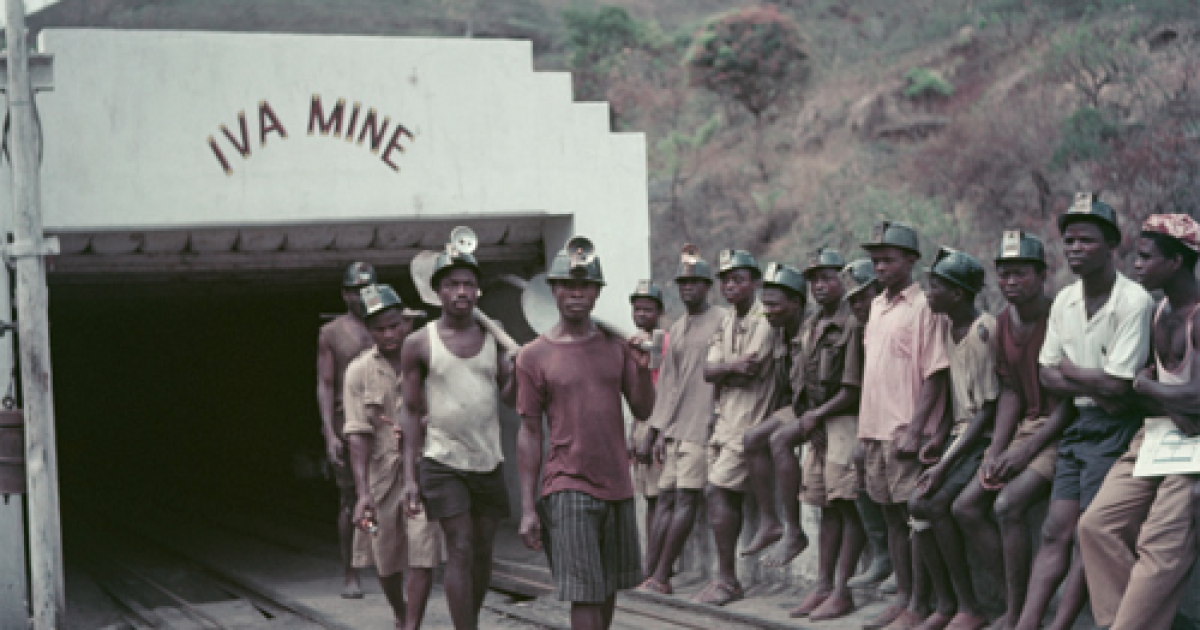
The Genesis: Coal Mining in Enugu
Enugu, often referred to as the “Coal City,” has a rich history intertwined with coal mining. The discovery of coal in the Udi Hills in 1909 sparked the establishment of Nigeria’s coal industry, which quickly became the backbone of the region’s economy. By the 1940s, Enugu had grown into a bustling industrial hub, with the coal mines employing thousands of workers from across the country.
Coal mining was arduous and dangerous work, yet the miners received meager wages and worked under harsh conditions. Despite their vital role in powering the colonial economy, these miners were subjected to gross exploitation and were denied basic rights and protections. Tensions grew as workers became increasingly disillusioned with their treatment and began to demand better wages, improved working conditions, and recognition of their rights.
The Build-Up: Labor Unrest and the Call for Justice
The years leading up to the massacre were marked by a growing wave of labor unrest across Nigeria. Inspired by global movements and local dissatisfaction, workers began organizing strikes and protests to demand fair treatment. The coal miners in Enugu were no exception; they became one of the most vocal groups in the fight for labor rights.
In 1949, tensions reached a boiling point. The coal miners, under the leadership of the Nigerian Coal Miners Union, organized a strike to demand a wage increase and better working conditions. The strike was peaceful, but the colonial authorities saw it as a threat to their control and economic interests. The stage was set for a confrontation that would end in tragedy.
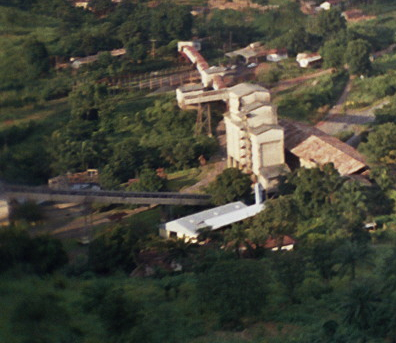
The Massacre: November 18, 1949
On the morning of November 18, 1949, hundreds of coal miners gathered at the Iva Valley mine in Enugu to continue their peaceful protest. Unbeknownst to them, the colonial government had decided to break the strike by any means necessary. British colonial police, armed and ready, were dispatched to the mine with orders to suppress the protest.
As the miners stood their ground, the police opened fire without warning. Panic ensued as miners scrambled to escape the hail of bullets, but the police were relentless. By the time the smoke cleared, 21 miners lay dead, and countless others were injured. The blood of these workers stained the soil of Iva Valley, marking a tragic moment in the struggle for labor rights in Nigeria.
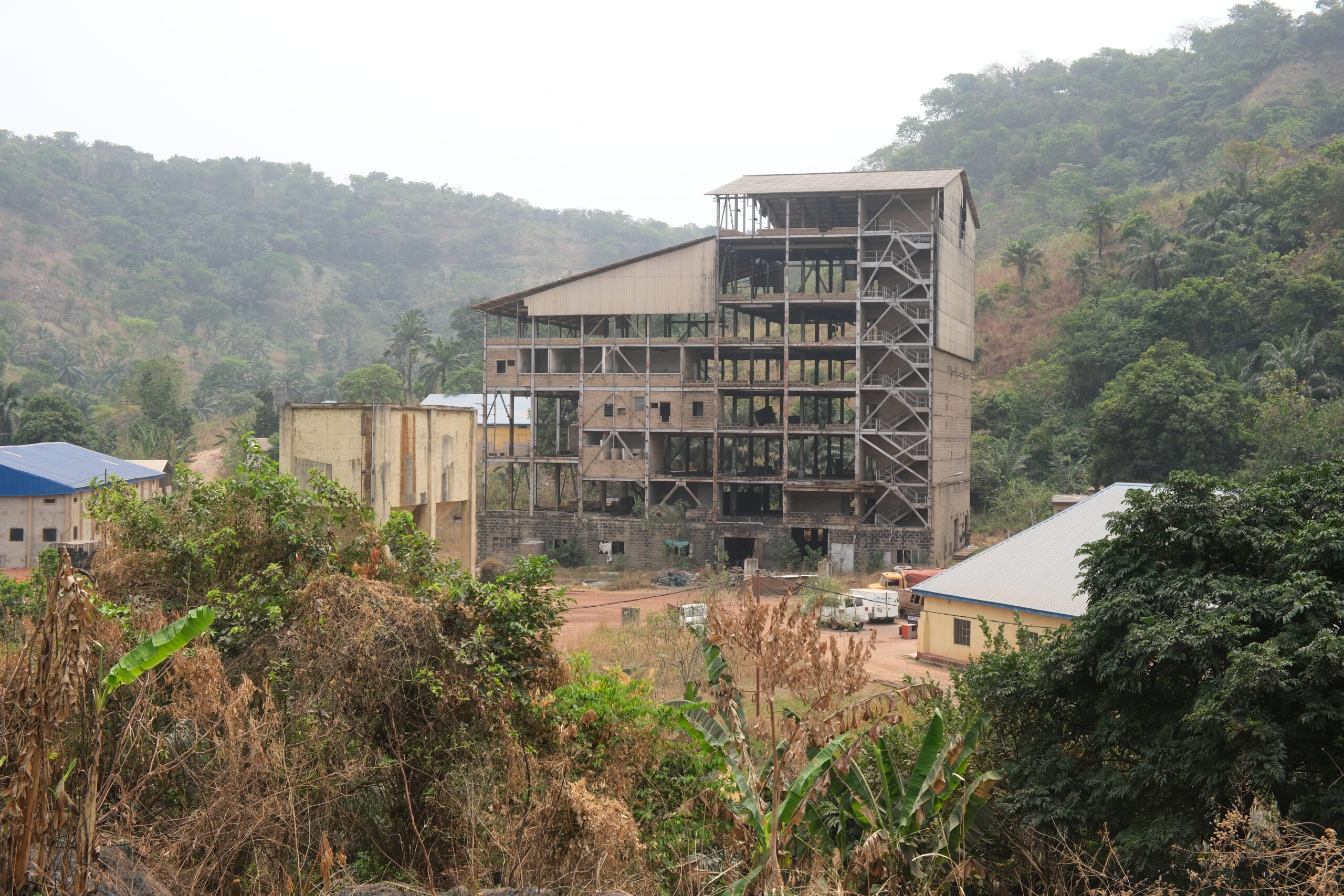
Aftermath and Impact: A Legacy of Resistance
The news of the massacre sent shockwaves across Nigeria and beyond. The colonial authorities attempted to justify their actions, but the brutal reality of the massacre could not be hidden. The deaths of the miners became a rallying cry for the labor movement and the broader struggle for independence.
The Iva Valley Massacre galvanized workers, students, and activists across Nigeria to intensify their fight against colonial oppression. The event exposed the brutal nature of colonial rule and highlighted the urgent need for self-governance and respect for human rights. It also played a significant role in the eventual formation of stronger labor unions and the push for independence, which Nigeria achieved in 1960.
The Push for Recognition: Honoring the Fallen
For decades, the story of the Iva Valley Massacre was neglected, overshadowed by other historical events. However, the memories of those who lived through it, and the descendants of those who perished, kept the story alive. Today, there is a growing movement to ensure that the massacre is recognized as a significant part of Nigeria’s history.
The Coal Miners Legacy Project, which includes the creation of this memorial website, is dedicated to ensuring that the sacrifices of the Iva Valley coal miners are never forgotten. We are advocating for the recognition of the Iva Valley site, the Coal Corporation Headquarters, and the Coal Preparation Plant as National Monuments. By doing so, we honor the memory of those who gave their lives in the fight for justice and ensure that future generations understand the importance of their struggle.
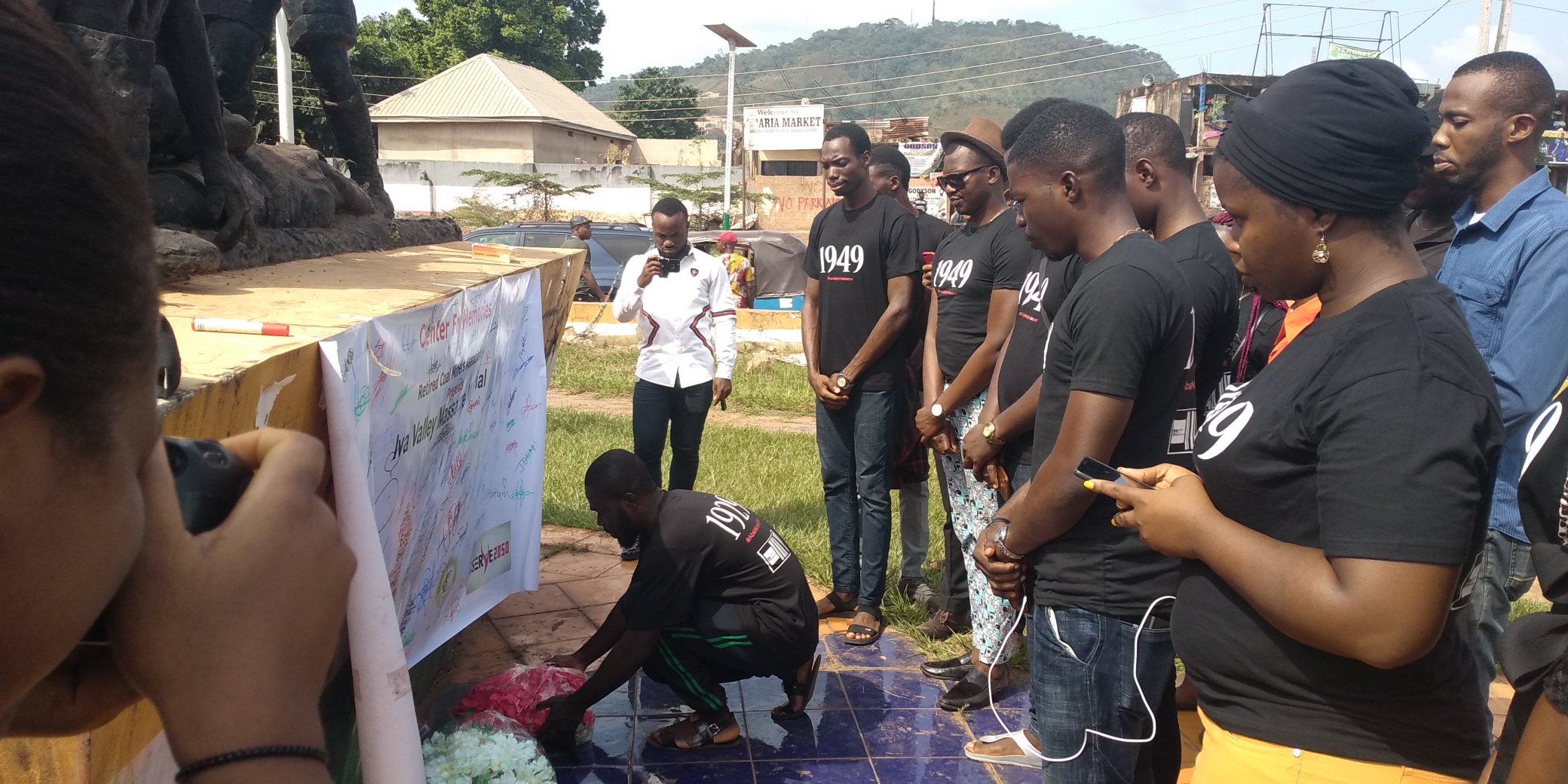
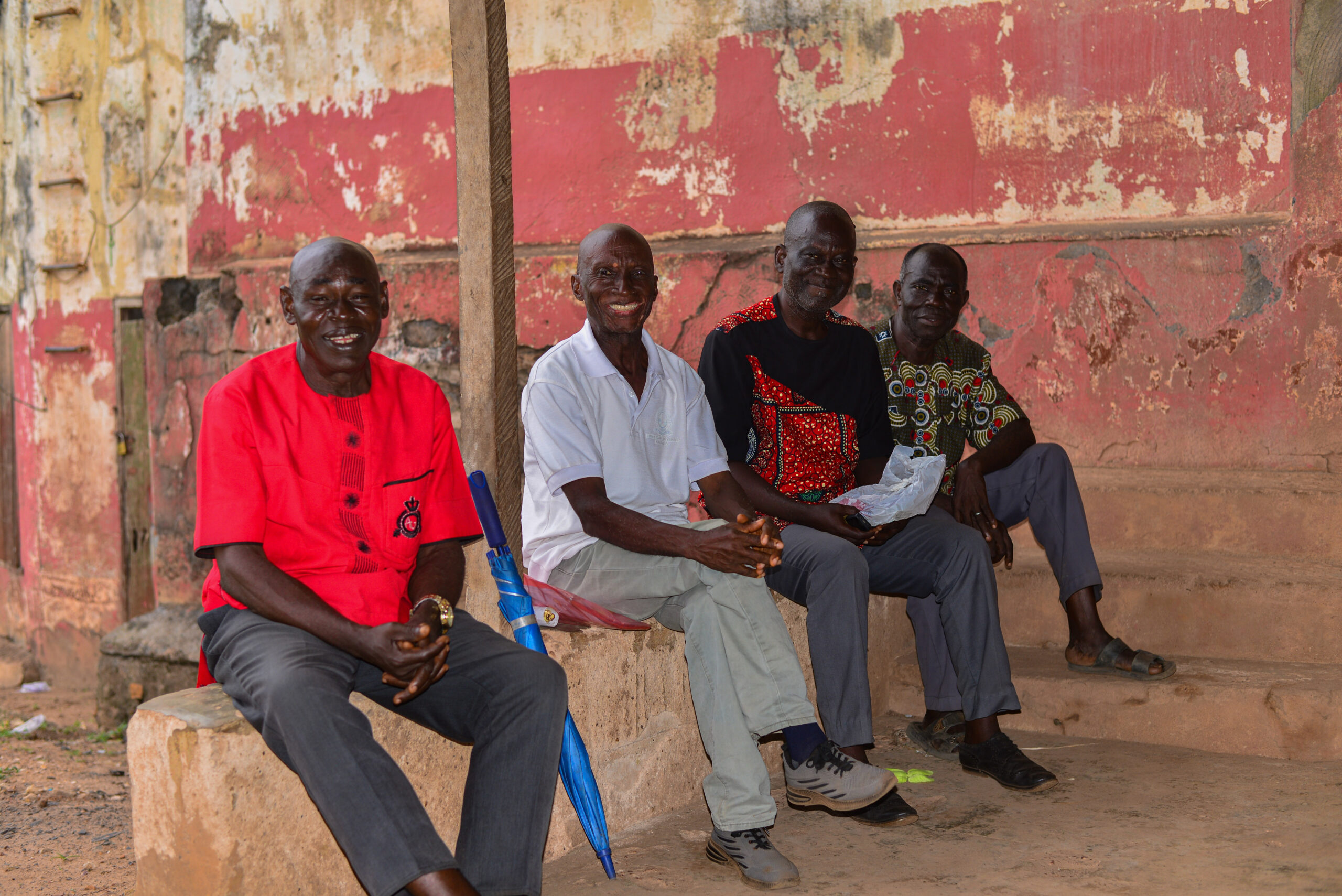
Remembering the Iva Valley Massacre: Why It Matters Today
The Iva Valley Massacre is more than a historical event; it is a reminder of the cost of progress and the importance of standing up for human rights and dignity. The legacy of the miners who lost their lives in 1949 continues to inspire the fight for workers’ rights, social justice, and equity in Nigeria and beyond.
As we commemorate the 75th anniversary of the Iva Valley Massacre, we invite you to learn more about this critical chapter in our history, reflect on its lessons, and join us in advocating for the recognition and preservation of these historic sites. The story of the Iva Valley coal miners is a testament to the power of collective action and the enduring struggle for a better future.